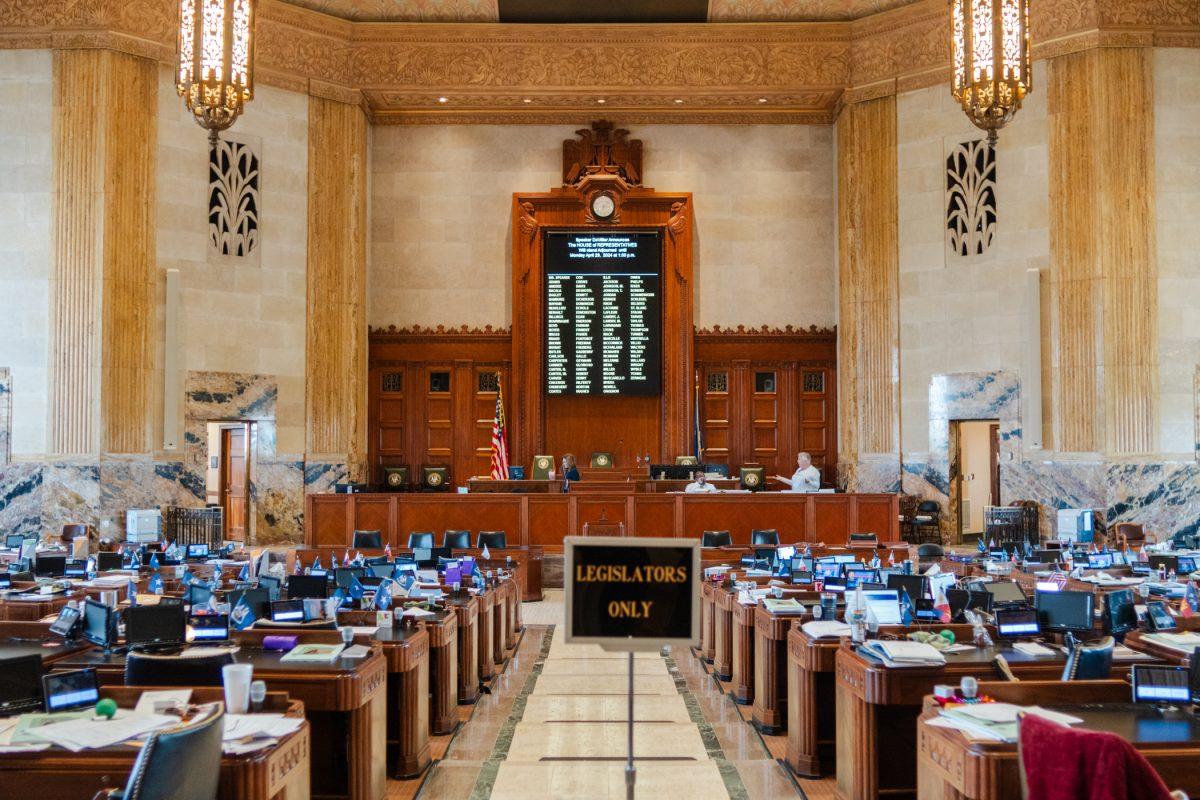Another piece of legislation designed to curb power-based violence and improve existing Title IX policies for state universities was signed into law on June 8.
Act 211, previously Senate Bill 202, was authored by Democratic Sen. Regina Barrow and Democratic Rep. Patrick Jefferson. Barrow described the act as a continuation to the series of power-based violence laws brought forth by the Blackwell Report in 2021. Act 211 serves mainly as an update and clean up, she said.
Here’s what the act mandates:
-
Additions to the report a state university’s Title IX coordinator files encompassing power based violence reports which now requires:
-
Including the total number of confidential advisors and employees and the percentage of those who’ve completed the required annual training.
-
Including the total of power-based violence complaints made against the university and the number of complaints which revealed power-based violence violations.
-
Including ‘The type of disciplinary or corrective action taken’ and the amount of time it took to resolve complaints.
-
Including the number of reports filed in retaliation and the findings of investigations related to retaliation reports.
-
The report filed by the Title IX coordinator is to be visible on the institution’s website.
-
All employees involved in the reporting of power-based violence are required to receive annual training.
-
Institutions should administer a voluntary power-based violence “climate survey” every third year which anonymously polls students, measuring how students feel about Title IX issues and safety concerns. Institutions are to publish the results and encourage participation.
-
Student advocacy groups, like student government, should be consulted in the development and distribution of the survey.
-
The addition of the climate survey in the act streamlines state and federal requirements; rather than there being a federal and state survey, the federal counts as the state survey.
-
An agreement of cooperation and understanding, called a Memorandum of Understanding, between the head of law enforcement with jurisdiction including an institution’s campus and that institution should be reviewed annually and not prevent victims or employees from reporting to both the institution and law enforcement.
Barrow said the act’s main goal is to continue changing culture surrounding power-based violence.
“A few years prior, it was a fight, a battle,” Barrow said. “Things are getting a little better, but this is still a conversation that must be had.”
In universities, she said, attendants should already know right from wrong and there should be adequate deterrents to prevent power-based violence.
She said there’s also a strong attitude against victims that needs to be corrected, like placing the blame on victims for coming forward because they choose to dress a certain way, act a certain way or were putting themselves in a vulnerable situation.
“That message has to change,” Barrow said. “We have a lot of work to do.”
She hopes this can be accomplished, partly, through the climate survey. Previous surveys had only garnered 3% of students responding. In a university of over 32,000 students as of spring 2023, that lack of engagement is very disturbing, Barrow said.
“The way we really gauge our success is by what the students are saying,” Barrow said.
Joshua Jones, LSU’s Title IX coordinator and associate vice president for civil rights, said the university was already doing much of what Act 211 set out to accomplish.
“We’re doing everything, with the exception of the climate survey, just because we don’t have it yet. We’re already training our employees and we already have all of our MOU’s signed,” Jones said.
The act was probably streamlining the policies of other universities, which he said he couldn’t speak on behalf of.
Camille Michel, a member of Feminists in Action, said that the attitude of “LSU’s already doing these things” is disheartening because she believes there’s still a lot that needs to be done.
“There’s an issue in the university with being adverse to criticism,” said Michel, who is a rising junior studying art history.
On a personal level, she said, she’s observed many who are skeptical of the way the university handles itself regarding Title IX and power-based violence.
According to the April 2023 biannual report on power-based violence, none of the 124 closed cases resulted in disciplinary action being taken. For the majority of these cases, the report says, the complainants either were not responsive or opted against taking disciplinary action.
“We have to ensure that when someone does come forward they’re treated with dignity. That they do not feel like a victim all over again– and I’ve heard that repeatedly,” Barrow said.
Barrow said she plans to open a forum with students and student organizations by visiting campus sometime in the upcoming fall semester. She believes that’s the best method for outreach and best chance to get genuine feedback.












